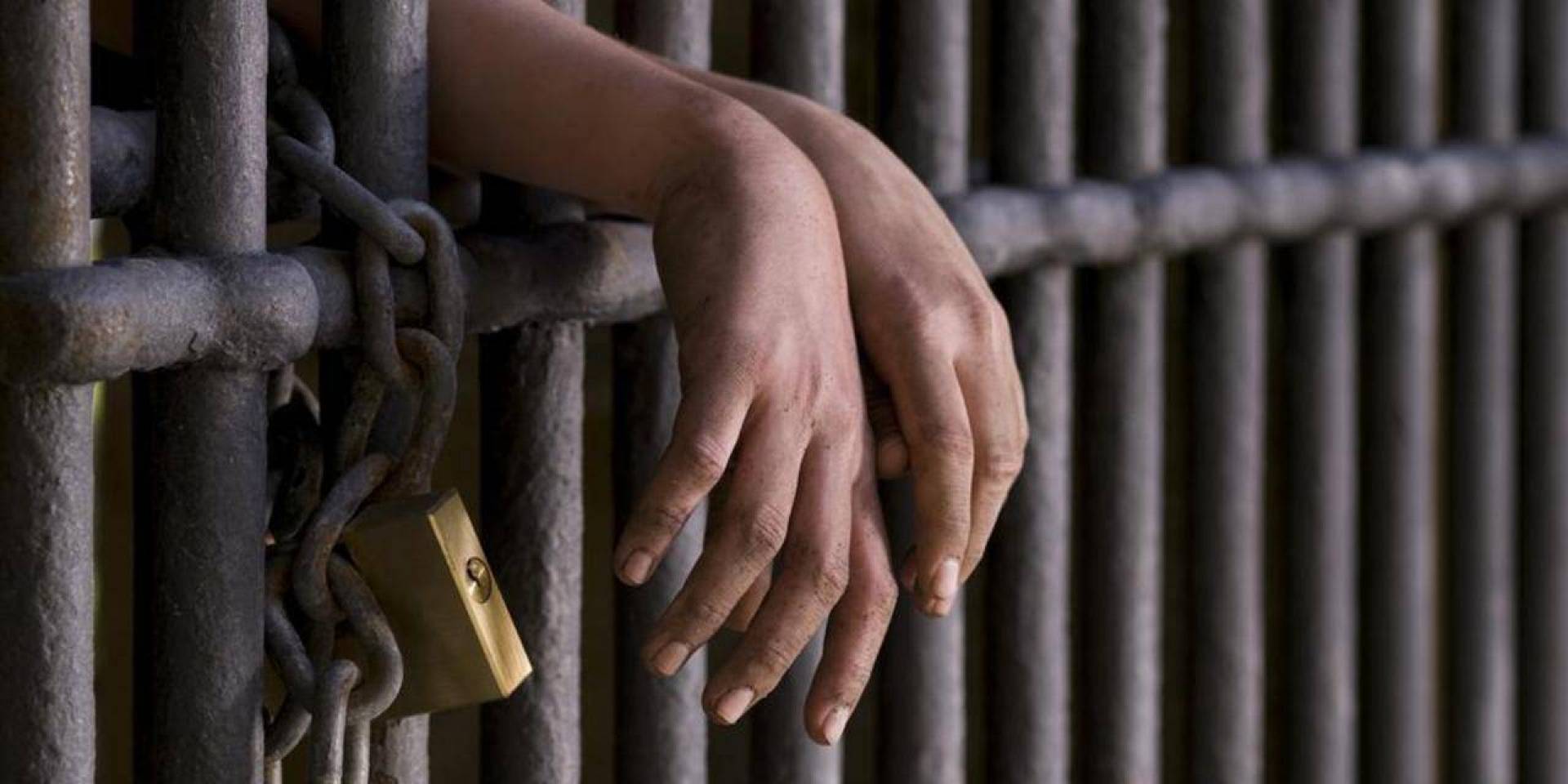Baghdad Court sentences key figures in "Eavesdropping Case" to four years in prison

Shafaq News/ The Karkh Criminal Court in Baghdad sentenced Mohammed Juhy, the primary defendant in the high-profile "Eavesdropping Case," to four years in prison on Monday. Co-defendant Ali Mutair received the same sentence.
The court had set December 9 as the trial date for the case.
The court proceedings follow revelations in August by MP Mustafa Sanad, who exposed a network allegedly linked to the Prime Minister's Office. The network, reportedly including government employees and security officers, was accused of engaging in illegal activities such as wiretapping political figures, deploying electronic disinformation campaigns, and forging documents.
Sanad claimed that Mohammed Juhy, a close associate of Prime Minister Mohammed Shia al-Sudani, was among the central figures in the network. He accused the group of impersonating Saad al-Bazzaz, owner of Al-Sharqiya TV, to circulate fake news and manipulate public opinion.
During investigations, members of the network allegedly confessed to these acts, with Juhy reportedly admitting to receiving directives from the Prime Minister. However, Juhy later retracted this claim in court, complicating the legal narrative.
MP Sanad, commenting on the verdict via his official Facebook account, stated that additional charges against Juhy are pending and will be addressed in future court sessions.
In response to the scandal, the Iraqi Supreme Judicial Council issued a statement dismissing circulating reports about the "Juhy Network" as unsubstantiated. It criticized the public discourse around the case as speculative and lacking credible evidence.
Government spokesperson Bassem Al-Awadi reiterated the administration's commitment to upholding the rule of law and rejecting what he described as politically motivated campaigns to discredit the government.
The case has ignited a political firestorm, with interpretations varying across Iraq’s political landscape. Some observers argue the allegations are an attempt to undermine Prime Minister al-Sudani's administration ahead of upcoming elections.
Within the Shiite Coordination Framework (CF), some factions demand a comprehensive investigation, while others express solidarity with al-Sudani, warning against internal divisions that could weaken the coalition's standing.
Prominent CF figures, including Ammar al-Hakim and Qais al-Khazali, have publicly supported al-Sudani's government.
